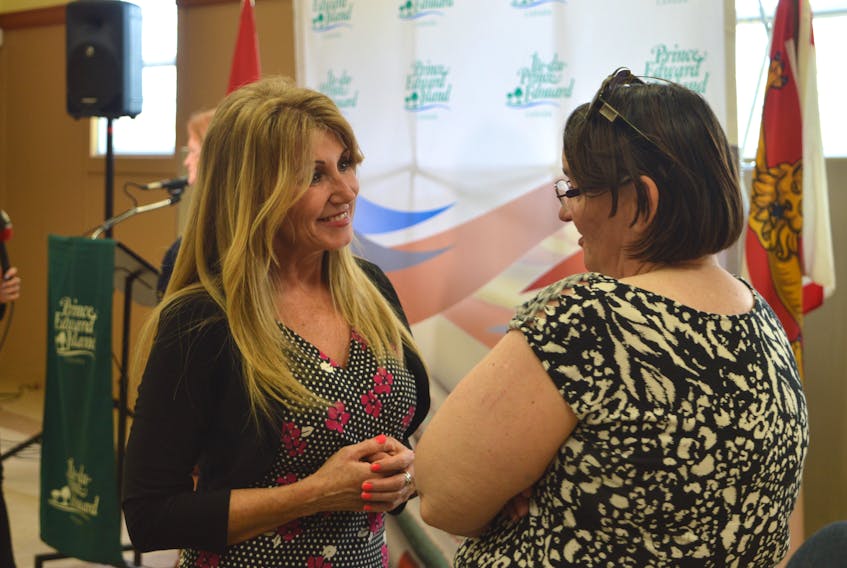BY JUDY BARRETT
GUEST OPINION
The Liberal government’s recent changes to rules for recipients of social services announced by Tina Mundy holds little promise of decreasing poverty for Islanders. Previously, in March 2018, the auditor general’s report by Jane MacAdam indicated many upsetting facts about the benefits paid to those receiving social assistance. What recent changes did, is highlight the lack of understanding by our government when looking at poverty and finding concrete solutions that actually make a difference.
The auditor’s report states that the rates for social assistance amounts remain mostly unchanged for over 10 years despite the rising cost of living, the unavailability of decent housing and the many poverty strategy reports that have already been carried out. The example given for benefit amounts for a family of four shows a rental allowance at $854 and, as anyone who rents would know, this amount would not be sufficient to cover the cost of adequate housing.
RELATED: Series of community conversations raise awareness of P.E.I. poverty issues
This family of four receives $195 monthly to pay heat, lights, other utilities, clothing and any other expenses they may incur. In addition, the family of four have $587 monthly for food. With a little math and thought one can see that this food allowance breaks down to under $20 a day or $5 a person and the realization that buying groceries for many Island families is a very scary and stressful endeavour.
What is even more ludicrous is that the last provincial government introduced a poverty strategy with a five-year plan (this is the fourth year) to bring this food allowance up to 70 per cent of what it actually costs to feed a family of four. This 30 per cent shortage makes it impossible for families to purchase healthy food choices like meat, fresh fruits and vegetables.
To further illustrate the serious poverty issue, Sean Casey said in The Guardian a few weeks ago that the child poverty rate in P.E.I. runs about 20-24 per cent. These figures, that are already out of date, came from the federal government’s Campaign 2000 done by Stephen Harper and do not include the additional burden of the many refugees and immigrants that have come to this Island and country.
Child/family poverty does not exist solely with social service clients. Many minimum wage workers are struggling to support themselves and their families. If you take a family with one parent working at a minimum wage job the financial situation may be slightly better but many do not have access to health and dental benefits and need money for travel to and from work and many other things most of us take for granted.
Minimum wage means an income of approximately $22,000 a year, averages out at $1,852 monthly (before the $200 tax deduction). It is only necessary to do a little math and use a little empathy to see how we might manage in a similar situation to truly understand the struggles many face daily to “get by.”
Yes, it is important to make changes to the rules for recipients of social assistance so that they can be helped during tough times and not lose what they have worked hard to get. We do need to give assistance and training to those preparing to enter the work force and we need to support them financially until they are established. Many will argue that the majority of social assistance clients should be forced to work and, given that many industries are going outside the country for workers, there are jobs available. This may work well as an incentive for many to be more self-sufficient and less dependent financially but it would be unfair to think that this will work for all.
Most importantly we have to realize that family poverty is a very serious problem that requires serious and aggressive solutions. Insuring that every family is able to feed and shelter their own and showing them their abilities to make contributions to their families and communities means a happier and healthier existence and less of a financial strain on all of us.
- Judy Barrett, Charlottetown, has been involved in advocacy for the poor for many years









